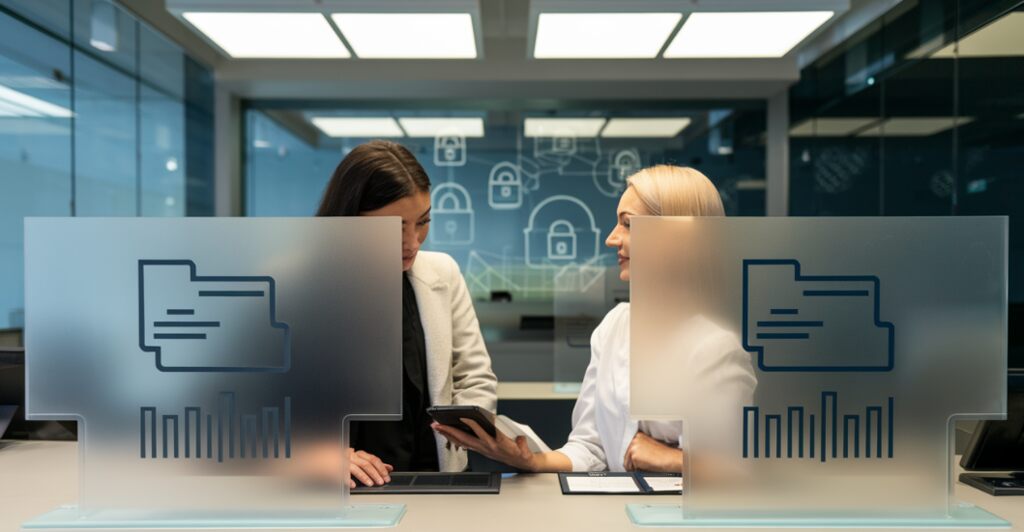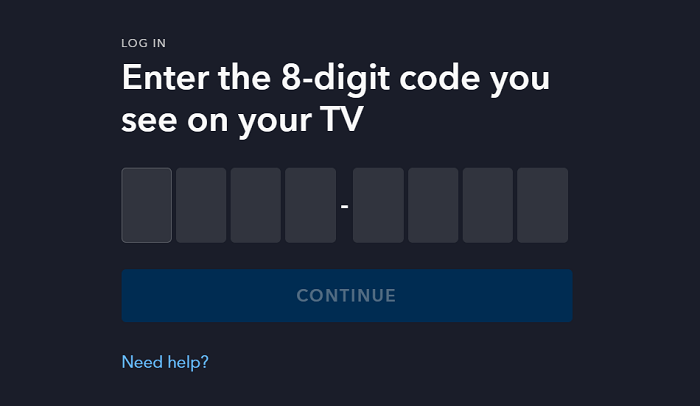If your Neighbors Credit Union account has been frozen, you need to know how to resolve it efficiently. A frozen account will disrupt your financial life, but there are steps you can take to regain control. This guide gives you updated information, actionable advice, and insights on safely and effectively navigating this difficult situation.
Table of Contents
ToggleIt’s Time to Understand Why Frozen Accounts Happen
When an account with Neighbors Credit Union is frozen, access to your money is barred for a while. This generally occurs for specific triggers purposed to protect the credit union and its members. Common causes include the following:
- Suspicious Activity: Freezing may occur on any unusual transactions.
- Legal Reason: Garnishments or liens ordered by the court can be one of the reasons for the freeze.
- Negative Balance: The account could be restricted in cases of overdrafts or debts outstanding.
- Verification Issues: Personal information is partial or outdated and might present a compliance issue.
The origin of the problem allows paths to its eventual solution. Neighbors Credit Union, like any other financial institution, implements several systems that work toward the detection of abnormalities—which in turn, at irregular times, flag legitimate transactions. In this regard, it is very important to know whether the freeze will be an internal security measure or an external cause.
If you suspect suspicious activity, acting swiftly is key. Delays can worsen the situation, as fraudulent activity might escalate. Conversely, if legal or compliance issues are the cause, gathering relevant documentation is crucial.
More simply put, knowing what is causing the freeze will allow you to communicate effectively with the credit union and have it resolved as soon as possible.
Steps to Take Immediately Your Account is Frozen
Facing a frozen account can feel overwhelming, but taking the right steps immediately can ease the process:
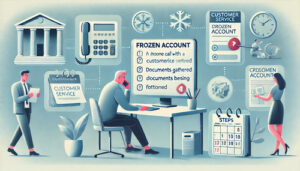
- Contact Neighbors Credit Union
- Call the customer service hotline or visit a local branch.
- Ask for the reason as to why the account was frozen, and inquire about the details of such.
- Have your identification and account information ready.
- Check for Notifications
- Review recent emails, letters, or alerts from the credit union.
- Watch for transaction alerts or compliance-related updates.
- Avoid Further Transactions
- Please do not attempt to withdraw or deposit any money until this is resolved.
- Avoid writing checks or initiating transfers, as there might be some penalties that go with these.
- Assemble the Supporting Documents
- If the freeze is due to legal action, obtain a copy of the relevant court documents.
- If there are compliance issues, update your identification or address records as appropriate.
The earlier you act, the quicker you will be through the freeze before more complications arise. Cooperating with Neighbors Credit Union and providing the documents requested will expedite the process.
How to Protect Your Account from Freezing
Prevention is always better than cure. While account freezes can’t always be avoided, there are steps you can take to minimize the risk:
- Monitor Your Transactions Regularly
- Monitor activity through the Neighbors Credit Union mobile app or online banking.
- Set up transaction alerts to keep yourself updated on unusual activity.
- Update Your Personal Information
- Inform the credit union immediately of any changes in address, telephone number, and employment.
- Ensure identification documents on file are valid and reflect current status.
- Maintain a Positive Balance
- Keep tabs on expenses to avoid overdrawing from your account.
- Set up overdraft protection that will allow for covering unexpected shortfalls.
- Steer Clear of Suspicious Activity
- Limit large-dollar cash deposits or withdrawals without prior notice to the credit union.
- Use secure channels while performing any kind of online transactions.
Following these habits reduces your risk of having an account frozen, and you ensure you can continue to have access to your money.
Dealing with Legal Actions Leading to Frozen Accounts
If this is going to involve legal actions, like garnishments or liens, which freeze your account, the process becomes a bit more tricky. Here’s how you go about it:
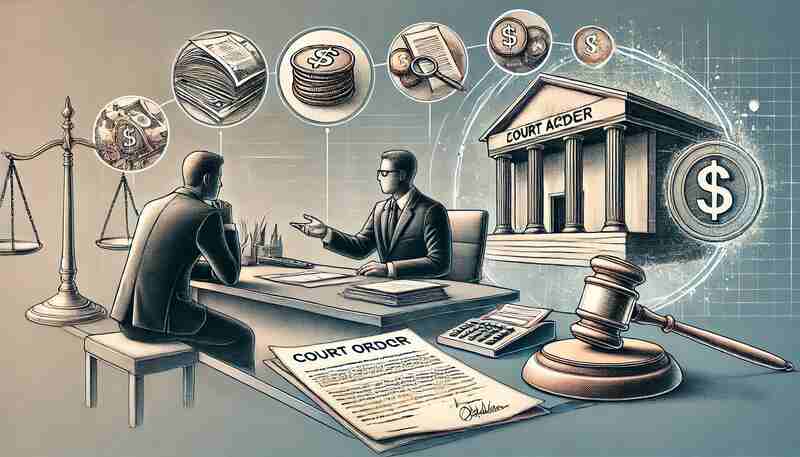
- Identify the Legal Order
- Ask Neighbors Credit Union to provide any relevant court order.
- Have a copy of the order for your records.
- See an Attorney
- Legal expertise will help you understand your rights and responsibilities.
- A lawyer may negotiate payment plans or contest unjust claims.
- Liaise with Creditors
- If the freeze is solely due to unpaid debts, it’s best to reach the creditors directly.
- Arrange for partial payments or compromises that will remove the freeze.
- Exemptions of Files, if Applicable
- Certain funds, such as those from Social Security or disability benefits, are also exempt from garnishment.
- Provide documentation of any exemptions to the Neighbors Credit Union and the court.
Legal freezes require patience and documentation. By working with the credit union and any other professionals in this legal manner, you might be able to work out the complexities and have the usage of your account reinstated.
How Neighbors Credit Union Helps Resolve Frozen Accounts
Neighbors Credit Union supports members with resources to help resolve frozen accounts as quickly as possible. Here’s how they support:
- Dedicated Customer Support
- Phone, email, and in-person consultations are available.
- Representatives will be able to explain why there is a freeze and what the next steps are.
- Fraud Investigation Teams
- For freezes that are suspected to be fraudulent, the credit union may launch some internal investigation.
- Members may have records of recent transactions or be requested to provide further verification.
- Timelines of Resolution
- Most account freezes depend on the complexity; they are resolved in days—a few business days, more often than not.
- Neighbors Credit Union does its best to minimize disruptions for their members.
- Financial Counselling Services
- Members are entitled to counseling to manage debts or improve financial habits.
- It can help prevent account freezes in the future from taking place.
Instead, by cooperating with the credit union, you can reach an efficient solution to your problem by utilizing their support.
Steps to Take if Fraud is Suspected
If you suspect your account was frozen due to fraud, here are the steps you could take right away to protect your money:
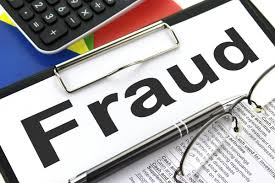
1. Confirm Unauthorized Activity
- Please check your transaction history for charges or withdrawals you do not recognize.
- Report immediately to Neighbors Credit Union any suspicious activity.
2. Freeze Additional Accounts
- Freeze other accounts, in case there is confirmation of fraud, to prevent further loss.
- Inform other financial institutions for which you have accounts.
3. Submit the Fraud Report
- File a fraud claim with Neighbors Credit Union.
- Request a copy of the claim for your records.
4. Monitor Your Credit Reports
- Check the major credit bureaus for any signs of identity theft.
- You may want to consider placing a fraud alert on your credit file.
Correspondingly, proactive steps towards fraud protect your financial health and prevent long-term disruptions.
What to Do if the Resolution is Delayed
Sometimes, it may be slow to resolve a frozen account. Here’s how to troubleshoot delays:
1. Follow Up Regularly
- Keep the lines of communication open with Neighbors Credit Union.
- Request an update about your case status.
2. Escalate the Problem
- If the customer service is unreachable, ask to speak to a supervisor.
- You may want to consider filing a complaint with the National Credit Union Administration.
3. Seek Alternative Sources of Finance
- Open a temporary account at another financial institution for essential transactions.
- Use cash or prepaid cards for immediate expenses.
4. Document Everything
- Keep a record of all correspondence with the credit union, emails, and phone call logs.
- This documentation can support your case if legal action becomes necessary.
Persistence is key when dealing with delays. Remaining patient while actively seeking solutions will ultimately help resolve the issue.
Protecting Yourself from Future Account Freezes
First and foremost, once your account is reinstated, it is important to take measures to prevent future freezes:
1. Enhance the Security of Accounts
- Do online banking using strong and unique passwords.
- Enable two-factor authentication, where it is available for added protection.
2. Know Your Financial Risks
- Learn how to identify common types of fraud and scams.
- Keep up to date with the policies and procedures of Neighbors Credit Union.
3. Build Emergency Savings
- Set aside money in a separate account so that when freezes start, you are not under financial stress.
- Use these savings only in case of an emergency.
By being proactive, you will be able to avoid account freezes that disrupt one’s economic stability.
Conclusion (Frozen Accounts Neighbors Credit Union)
Working your way through frozen accounts at Neighbors Credit Union does not have to be intimidating. You can come to a safe and effective resolution by examining the causes, taking direct action, and using resources provided by the credit union itself. Whether this is due to suspicious activities, lawsuits, or perhaps even worse—compliance concerns, the key to a fast resolution lies in being well-informed and proactive. In this step-by-step guide, you will not only regain access to your account but also protect yourself from future freezes.
Get expert tips and financial guidance at LookMyFinance.com.


